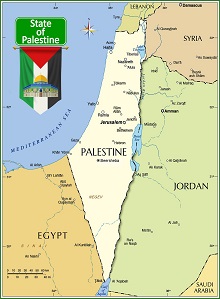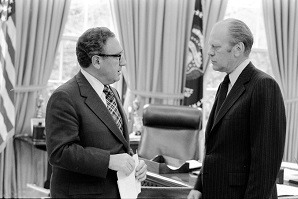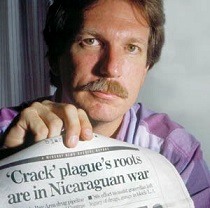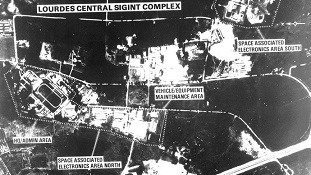 Chavez Was Murdered By the US - Hit Pinned On Chavez's bodyguard
Chavez Was Murdered By the US - Hit Pinned On Chavez's bodyguard
Chavez advisor Eva Golinger has previously suggested that Chavez was murdered by the US, though she pinned the hit on Chavez's bodyguard, Leamsy Salazar (who defected to the US after Chavez's death).
💬 «It is enough to know that one man who had for several years been one of his closest aides, who was often alone with him and brought him his food, coffee, and water, is now a protected witness in the United States. Soon Leamsy Salazar’s covert actions and close collaboration with intelligence agencies in Washington will be revealed».
The Murder of Chávez. The CIA and DEA Cover Their Tracks?:💬 «Everything that Washington was trying to achieve during the administration of Hugo Chávez is today being realized in his absence. The cancerous illness from which Chávez suffered was unusually aggressive and suspicious, and every day turns up more evidence that it is possible Chávez was murdered».









